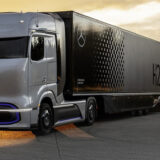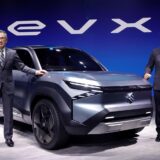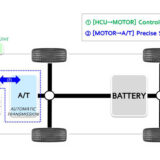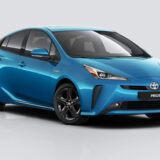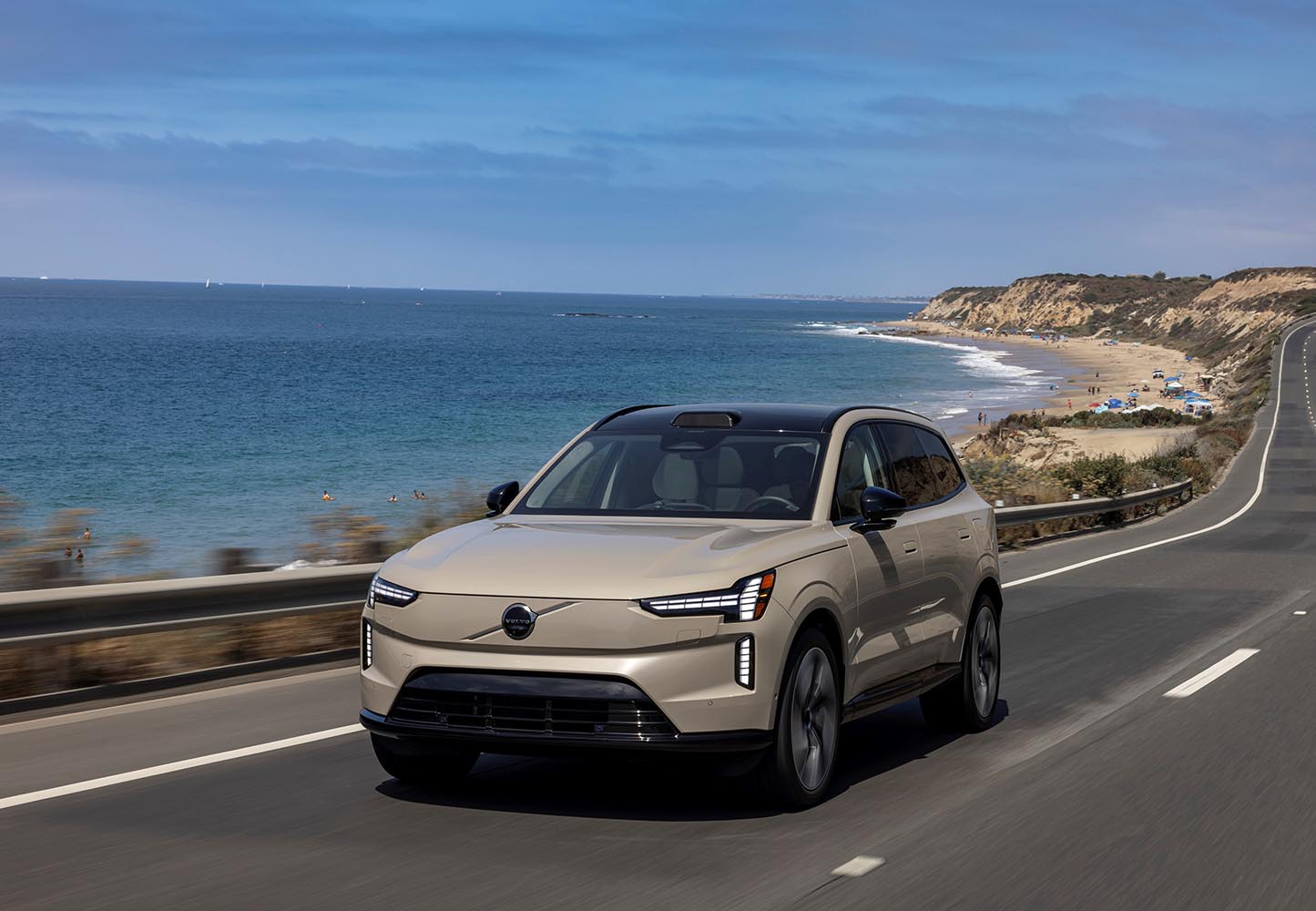
Volvo adjusts electrification strategy, aims for 90-100% EV sales by 2030
Volvo Cars has announced adjustments to its electrification ambitions due to evolving market conditions and shifting customer demands. While the company remains steadfast in its goal to become a fully electric car brand, it now plans for 90-100% of its global sales to be electrified vehicles by 2030, encompassing both fully electric and plug-in hybrid models.
Volvo’s decision to recalibrate its strategy reflects the complexity of the transition to electrification, acknowledging challenges like charging infrastructure delays, the reduction of government incentives, and tariffs in various markets. Despite these hurdles, the company remains optimistic, with five fully electric models already on the market and another five in development.
By 2025, Volvo expects 50-60% of its global sales to be electrified vehicles, with a full range of electric cars available well before the end of the decade. The company continues to lead in electrification among its premium peers, with 26% of global sales in the second quarter of 2024 coming from fully electric models, and 48% from electrified vehicles overall.
Volvo’s long-term goals include a 65-75% reduction in CO2 emissions per car by 2030 compared to a 2018 baseline, with plans to work closely with suppliers to further reduce emissions across its value chain.
“We are resolute in our belief that our future is electric,” said Jim Rowan, chief executive of Volvo Cars. “An electric car provides a superior driving experience and increases possibilities for using advanced technologies that improve the overall customer experience. However, it is clear that the transition to electrification will not be linear, and customers and markets are moving at different speeds of adoption. We are pragmatic and flexible, while retaining an industry-leading position on electrification and sustainability.”
Volvo Cars reported a global sales increase of 3% in August 2024, totaling 52,944 cars sold, with the surge attributed to the growing demand for its fully electric and plug-in hybrid models. Sales of electrified vehicles saw an impressive growth of 47%, accounting for 47% of all cars sold during the month, driven primarily by strong performances in Europe.
In Europe, sales rose by 32% year-over-year, with electrified models representing 73% of total sales. Fully electric vehicles alone made up 25% of Volvo’s total global sales for the month, marking a significant step in the company’s transition toward electrification.
However, the U.S. market saw a 2% decline in sales, while China, a challenging market for the brand, recorded a 23% drop. Despite this, sales of electrified models in China grew by 10%.
Volvo’s best-selling model in August was the XC60, with 14,723 units sold, followed by the XC40/EX40 and the new EX30. From January to August, total global sales reached 498,464, an increase of 11% compared to the same period in 2023.






